Top Maruti Suzuki Official: eVitara Launch Soon But One Thing Stopping EV Adoption
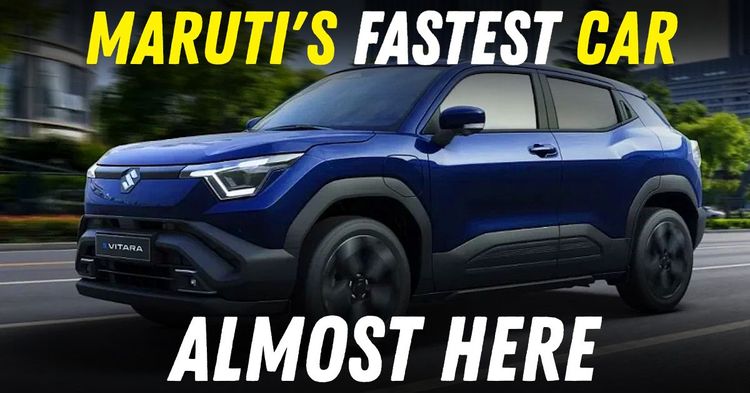

Maruti Suzuki will launch its first electric SUV, the eVitara, by the end of this year. The SUV will be sold through Nexa outlets and will come with two battery options: 49 kWh and 61 kWh. The larger battery is expected to deliver a range of over 500 kilometres. It will also be the first Maruti in India to feature Level 2 advanced driver assistance systems. Other features will include ventilated front seats, a 360-degree camera, wireless phone charging and a panoramic sunroof.
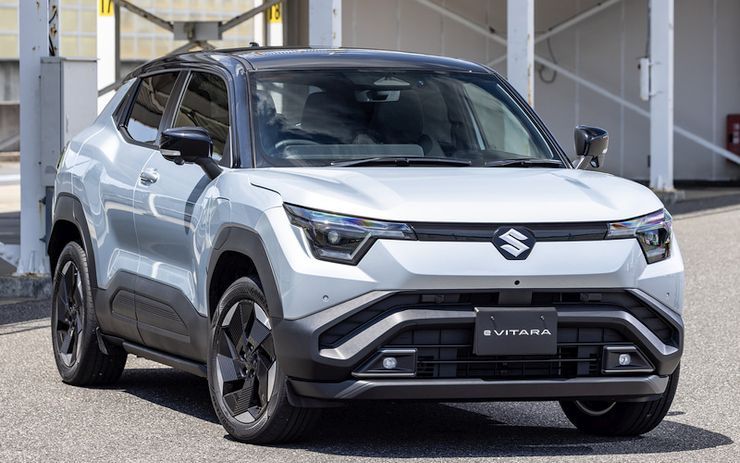
The eVitara will mark the company’s entry into the electric SUV segment, where rivals like Tata Motors, Hyundai and Mahindra already have products or launches lined up. Pricing is expected to start around ₹20 lakh ex-showroom, placing it in direct competition with models such as the Hyundai Creta Electric, Tata Curvv EV and Mahindra BE 6.
While the launch is a significant milestone, Partho Banerjee, Senior Executive Officer for Marketing and Sales at Maruti Suzuki, has pointed out that charging infrastructure is holding back wider EV adoption. He said customers are still hesitant to make EVs their primary vehicle because of concerns about range and charging availability, even when models offer a 500 kilometre range on paper.
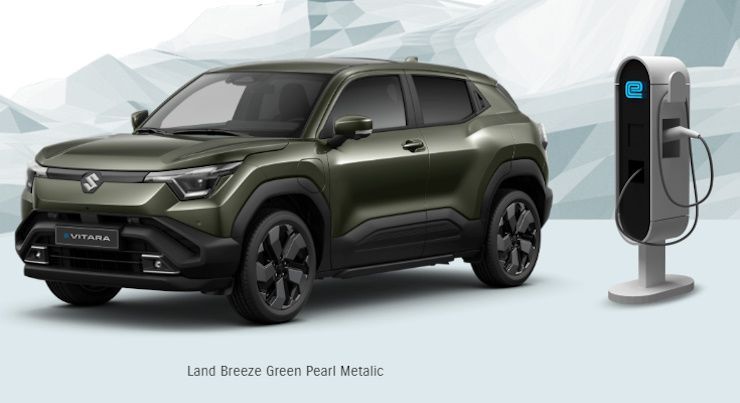
According to Banerjee, electric passenger vehicle registrations in July rose 93 per cent year-on-year to 15,528 units, but EVs made up only 4.5 per cent of total passenger vehicle sales. Most buyers who own just one car prefer to stick with petrol or diesel because they are more confident about refuelling options.
Banerjee said 95 per cent of EV owners charge their vehicles at home. This is mainly due to cost differences. Home charging costs about ₹7-10 per kWh, while public charging stations typically cost ₹20-21 per kWh. This makes public charging uneconomical for daily use, so drivers use it only in emergencies.
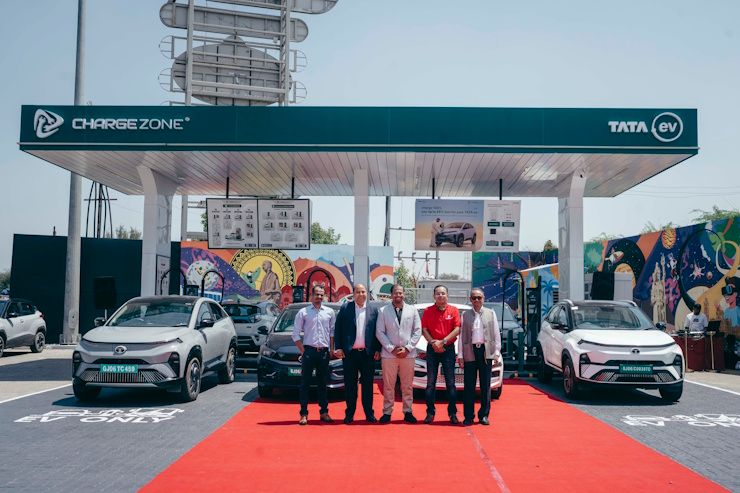
This charging pattern reduces the viability of public charging businesses, which depend on regular usage to stay profitable. Low utilisation slows network expansion, and the problem is even more pronounced on highways where charging stations remain sparse.
Maruti Suzuki plans to set up charging stations in 100 cities, but Banerjee said much more needs to be done to support intercity travel. He stressed that broader industry collaboration and higher investment are required to make EV charging accessible and affordable across the country.
Maruti is approaching EVs with measured steps. It has scaled back its production target for April to September 2025 from 26,500 units to 8,200 units. The company has also reduced its planned EV lineup for 2030 from six models to four. Supply chain issues, including China’s restrictions on rare earth metal exports needed for EV motors, have influenced these decisions.
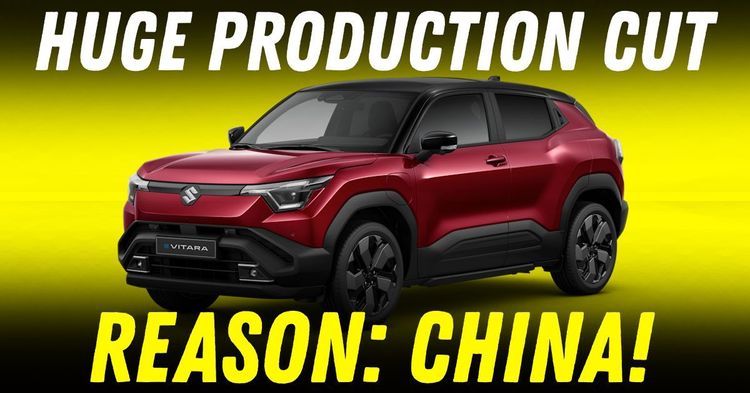
Banerjee added that the company will continue to offer a range of technologies, including hybrids, to give buyers more options during the transition to electric mobility. He also pointed out that rising costs in the entry-level segment, driven by new regulations, have reduced sales of small cars. To address this, Maruti has launched financing plans, including one that allows customers to buy an Alto for ₹2,999 per month.
Banerjee’s comments underline the challenge for EV adoption in India. Without reliable, affordable and widely available charging infrastructure, most buyers will continue to see EVs as a second vehicle rather than their main mode of transport. The eVitara will be an important step for Maruti in the EV market, but the pace of adoption will depend heavily on how quickly the charging network can catch up.
Via ETAuto